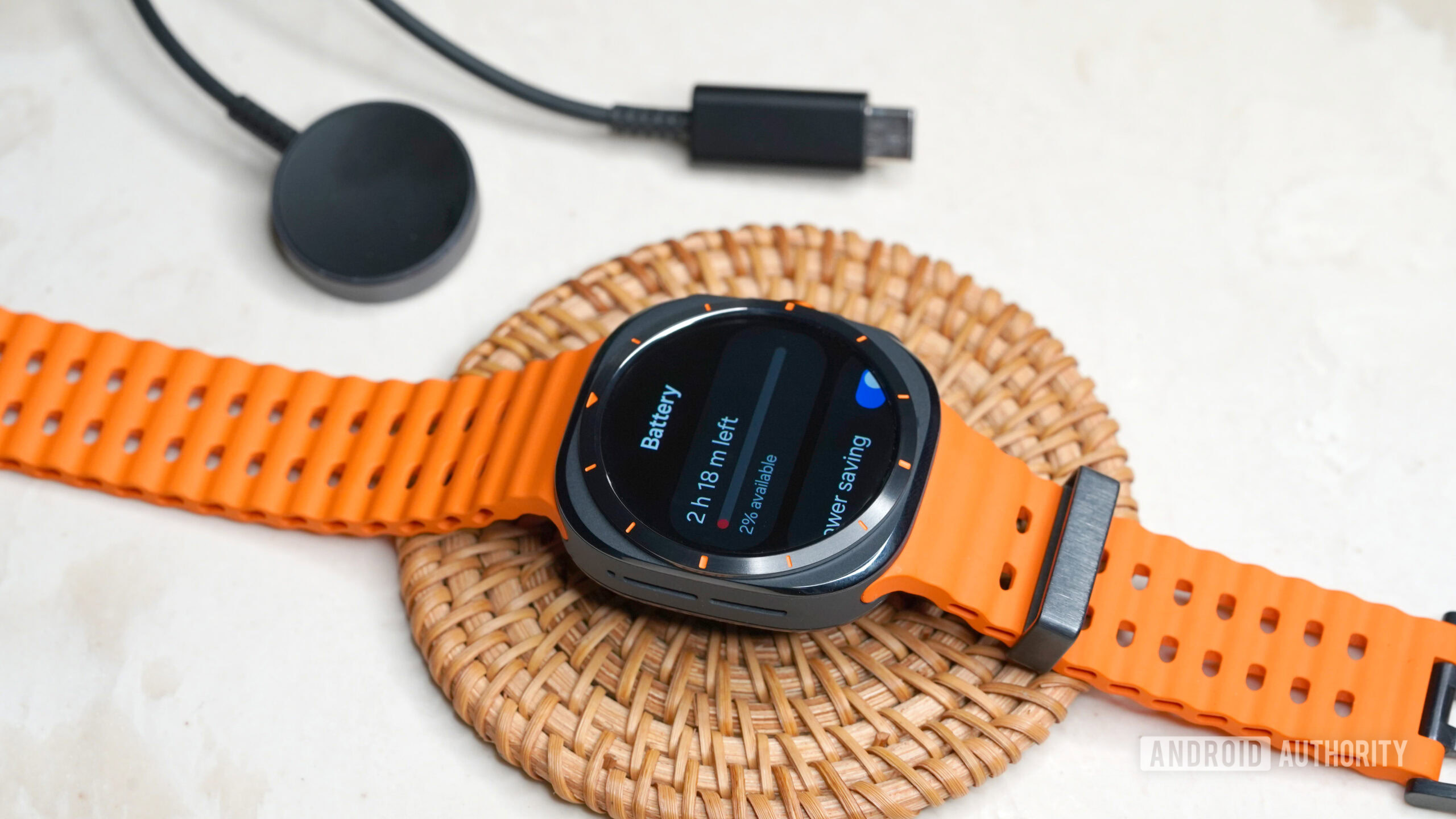I’ll upgrade to the Galaxy Watch 8 if it focuses on these 2 features

Kaitlyn Cimino / Android Authority
I’ve used several smartwatches throughout my career, switching between devices to match my changing priorities. However, the one smartwatch I always return to is my Galaxy Watch 4. Now paired with a Galaxy smartphone, it’s become the center of my ecosystem.
Samsung’s first new-generation Wear OS watch launched in 2021. Now, nearly four years later, I still feel little temptation to upgrade. While the watch is starting to show its age, as its chipped exterior suggests, it still serves me well as a fitness tracker and a smartphone companion.
What will get you to upgrade to the Galaxy Watch 8 series?
8 votes
With the Samsung Galaxy Watch 8 set to launch in a few weeks, I’d normally be eager to see the new features and advancements, but recent launches have been underwhelming. I’ve realized that only two upgrades would genuinely enhance the Samsung smartwatch experience and draw me away from my Galaxy Watch 4. They aren’t flashy or marketable, but they underpin almost every other experience on the wearable.
Two fundamental upgrades, one hugely improved smartwatch experience

Kaitlyn Cimino / Android Authority
It’s safe to say that my Galaxy Watch 4 is no longer as efficient as it used to be. I could stretch the battery to last three days between charges in its early days. In 2025, I can barely get two days per charge. I’ve even tried to eke out more performance and endurance through smarter use of Samsung Routines.
Of all possible improvements, increasing a smartwatch’s battery capacity is an easy win.
While I expect the Galaxy Watch 8 to have a more efficient chipset and a larger battery than the Galaxy Watch 4, the Galaxy Watch 7 certainly has — I need to see significant improvements to be convinced to upgrade. The Galaxy Watch 7’s battery capacity is about 18% larger than my device’s, but it’s still 49% smaller than the OnePlus Watch 3, one of Wear OS’s battery kings.

Kaitlyn Cimino / Android Authority
Demanding more battery life is a common refrain, but for good reason. Every portable product needs recharging; the longer we can delay this inevitability, the longer the device remains in active use. This is more important for smartwatches than smartphones. A longer battery life means more time on my wrist and more data collection. Of all possible improvements, increasing a smartwatch’s battery capacity is an easy win.
The accuracy of baseline data affects everything else, including big-ticket AI features.
Then there’s the other primary concern: fitness tracking accuracy. More reliable tracking would allow me to make decisions about my health. If my Samsung watch suggests I get no deep sleep, but my Fitbit Sense 2 and other devices indicate plenty, can I really trust the Galaxy? This becomes even more important when considering other metrics that rely on sleep data, like the Energy Score and Samsung’s incoming sleep-related AI features.
The accuracy of baseline data affects everything else. Improving accuracy may not be as marketable as Antioxidant Index or Running Coach, but it’s far more important.
Will the Galaxy Watch 8 be the one?

Kaitlyn Cimino / Android Authority
Galaxy Watch 7 (left), Galaxy Watch Ultra (right)
So, can I trust Samsung to address these two facets? To be fair, it has made strides with the latter. A new BioActive sensor array landed with the Galaxy Watch 7 last year, improving its tracking accuracy versus its predecessor. While we likely won’t see another major sensor upgrade this year, I expect knowledge garnered from the Watch 7 will go towards improving the software that governs it.
If Samsung can prove its keen focus on these two fundamentals, the Galaxy Watch 8 will be my next smartwatch.
As for my battery life concerns, this seems to be Samsung’s greatest weakness in its mobile technologies. It’s reluctant to adopt silicon-carbon batteries for its smartphones and is unlikely to make an exception for its smartwatches. Without this leap, I don’t see how the company can make meaningful power gains without vastly increasing the size of its watches. That said, I am an optimist, and with three possible models coming this year, there may be a surprise in store.
I’ll likely need a new smartwatch with the Galaxy Watch 4’s software support window ending soon. If Samsung addresses my concerns, that new device could be the Galaxy Watch 8. Thankfully, with Unpacked drawing nearer, it won’t be long before I make that decision.
Source link







